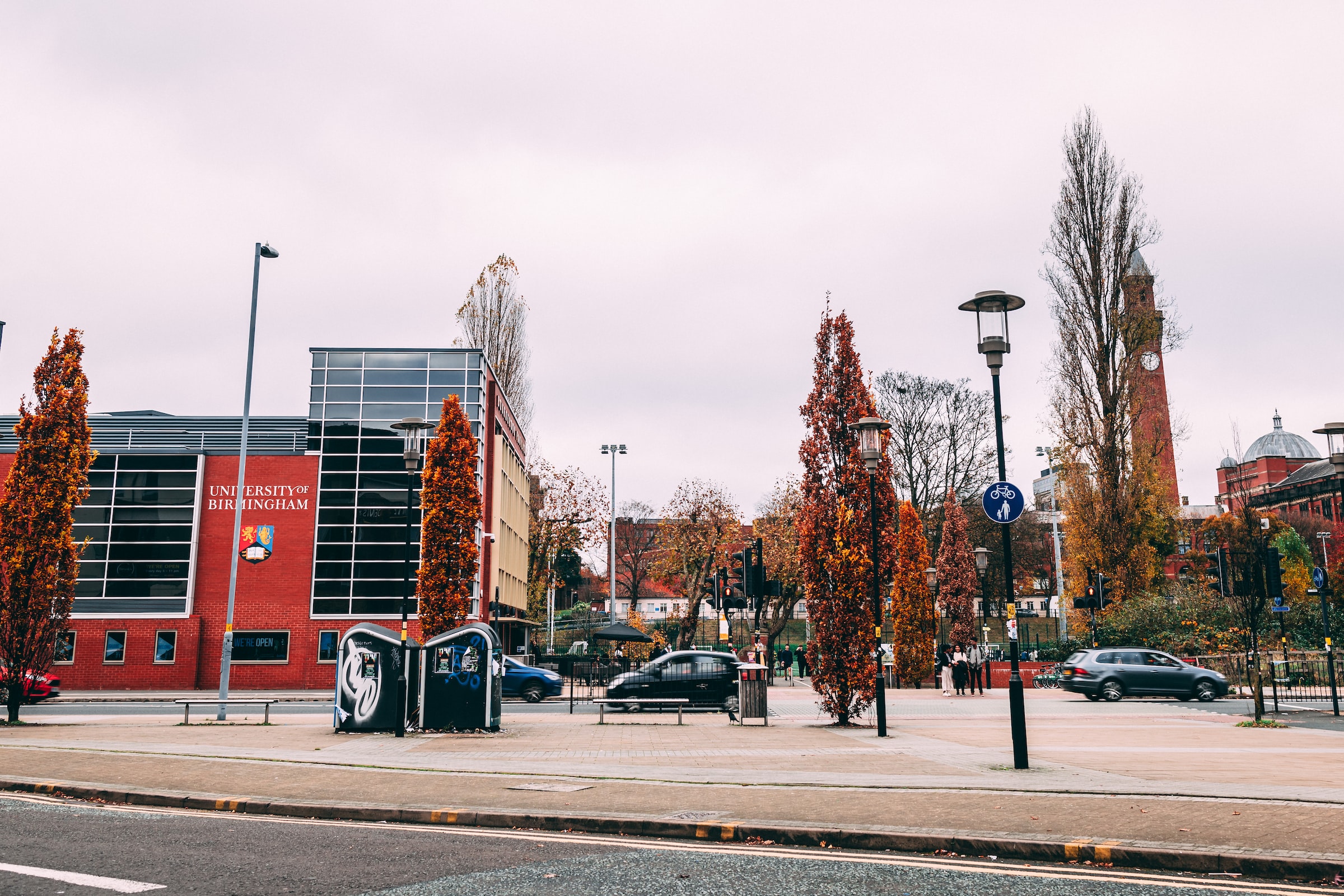
Daniella Southin discusses the government’s move to create Citizen’s Assemblies on Climate Change, and the possible implications
‘Which is better for the environment – British beef or an avocado from Peru?’ This is just one of the compelling questions panels of speakers faced at the UK’s first two citizens assemblies on climate change.
To gauge the public’s opinion on the UK’s legally binding target of carbon net-zero by 2050, Parliament has called a series of citizens assemblies between January and March. These citizens assemblies aim to represent ‘people from all walks of life across the UK.’ The ‘110 members of the public chosen to reflect the nation in diversity of age, ethnicity, geography and opinion’ supplied varied environmental views with some ‘who would change their iPhone every year, car every three years and just pick up what I wanted from the supermarket.’
These citizens assemblies aim to represent ‘people from all walks of life across the UK’
Listening to talks about the ethical questions regarding reaching a net-zero carbon environment and the different ways in which this can be achieved, the participants posed some challenging questions for the speakers. With questions like ‘What do you think should be the balance of business and government action on climate change?’ and ‘Is there an argument for letting climate change happen?’ there is clearly a serious public interest into the effects and solutions to the climate emergency.
The assemblies, too, have exposed people without this interest to the issue – a success in its own right. Participants said they found the experience ‘inspiring’ and they ‘hope to do more and contribute.’ Being ‘informative with a lot of opinions from different people all around the country,’ the positive effect of climate discussions is evident.
With all the jargon and statistics being thrown around amid the climate debates, it can be difficult to catch the terms that are really significant – net-zero amongst them. For our country to become net-zero we must absorb the equivalent amount of carbon as we emit, which needs to be drastically lower. While a gross-zero target – ‘reducing emissions from all sources uniformly to zero’, according to The London School of Economics and Political Science (LSE) – is what we would strive for in an ideal world, net-zero is significantly more realistic, allowing for some carbon emissions.
We can achieve net-zero through natural methods such as planting trees for afforestation or through engineered methods such as carbon capture and store. Synthetic fuels, an idea posed at the second citizens assembly as a climate solution, seemed not to resonate with the public due largely to their current inaccessibility. Although ‘synthetic fuels seemed like a really persuasive solution’ said one attendee, ‘they’re not ready’. Therefore, the immediacy of climate change appears significant in the public’s opinion of how the government should act. People are concerned about the now. We want to see action, not talk, from the government straight away.
In a Redbrick poll, students drastically favoured natural methods of action such as planting trees for afforestation and preventing deforestation. The suggestion here is possibly that amongst students there is a preference for action that will improve not just the climate but the environment more generally. Not only would afforestation aid the climate battle but it would recover the habitats of wildlife and diversify nature.
However, the solution which appeared popular at the assemblies was imposing an annual carbon budget for all citizens. This is the idea that we are all given a specific amount of carbon emissions to “spend” and if we need more, we are to buy them from people who do not spend all of theirs. A participant said they felt it would ‘create more equality for everyone, so if you have lots of money, people are probably going to take lots of flights because you can afford it. But you’ll probably end up paying extra for that.’
Amid this, there is still the question as to whether the 2050 target is really soon enough. If the public can see the importance of fast action, why can the government not? Extinction Rebellion, a movement fighting for action against climate change, proposed 2025 as the target. The LSE explain ‘some of the technologies to deliver net-zero don’t yet exist, some that do can’t physically be built in time, and it takes decades for planted trees to go’. The prospects of a 2025 net-zero environment are not only high cost would be ‘most keenly felt by low-income groups.’ The effect these assemblies will have on the nation, though, will not be known until… April
The effect these assemblies will have on the nation, though, will not be known until a report is given to Parliament in April following the final two assemblies. Whether the government adopt a carbon-budget solution or simply chose to up taxes will, until then, be unknown. What is known is that the public wants fairness, the public wants fast action and the public wants to stop climate change. But the question remains; what will the government do?
Comments